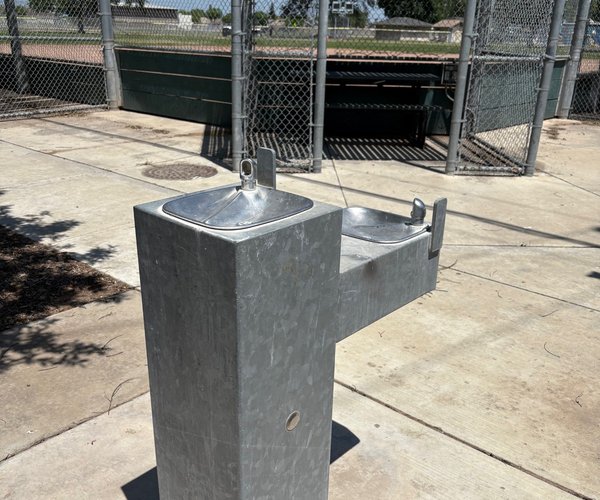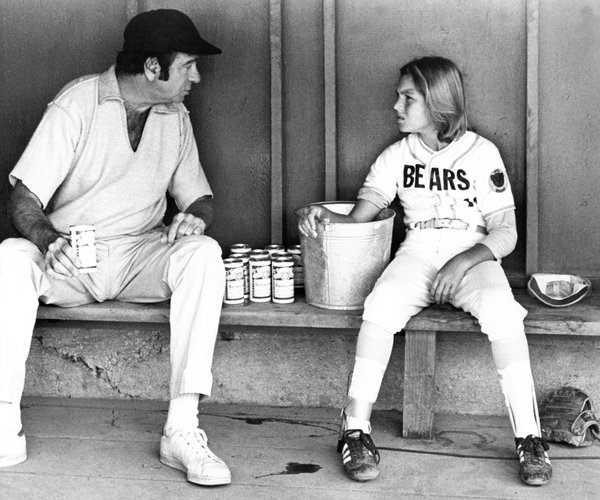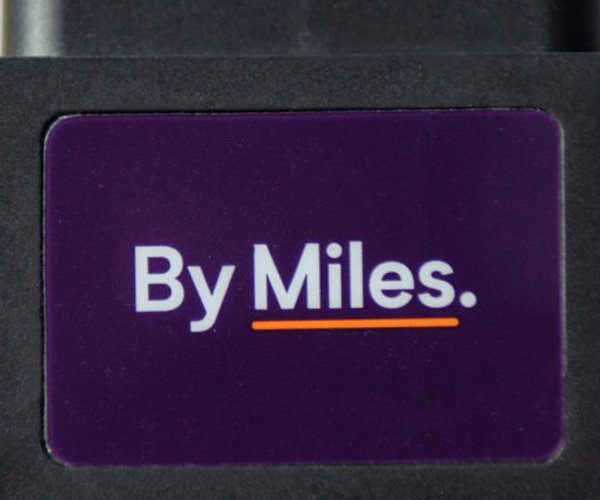State Senator Scott Weiner knows that speed kills.
It is why the San Francisco Democrat has been a leading advocate of free injection sites to stem death and various infections among drug addicts.
In San Francisco, more than 600 people a year die from overdoses.
But there is more than one speed that kills.
The other is literally on the state’s streets.
There are more than 4,000 automobile related deaths a year in California.
Speeding was the main cause of deadly crashes, leading to about a third of all traffic fatalities and a major factor in serious injuries.
Weiner wanted California to do something about speed.
So he introduced legislation requiring all new vehicles sold or leased in California starting in 2030 to have a “passive intelligent speed assistance system.”
The technology, already mandated in the European Union, triggers audio and visual alerts when a vehicle goes 10 miles per hour over the posted speed limits.
Opponents, primary Republicans, contended the technology would restrict people’s freedoms. They also contend it could distract drivers and “cause problems.”
To be clear, the so-called freedom being restricted is breaking the law by speeding in excess of 10 mph above the speed limit.
It’s rich worrying about the state mandating technology that is designed only to issue an alert when people are wantonly breaking the law.
Of course, it would also go off during a driver legally passing on a two-lane road and they temporarily have to go above the speed to do so.
Drivers in vehicles equipped with such technology would clearly know it would start alerting them if they exceed the speed limit to pass.
The only problem it would seem to cause is irritating a driver who has no problem breaking the law.
Come to find out, Governor Gavin Newsom is also channeling his inner Republican these days.
Not because it imposes on personal freedom.
Quite the contrary.
Newsom, who never used to miss an opportunity to circumvent federal authority when it moved too slow and didn’t align with his political sensibilities, also is against Weiner’s bill.
So the mask-less Marvel of the pandemic days vetoed the bill.
Among his stated reasons: “. . . imposing state-level mandates at this time risks disrupting these ongoing federal assessments.”
What Newsom is referencing is the National Highway Traffic Safety Administration that is already looking at perhaps mandating such a system.
The governor also noted the federal government “already regulates vehicle safety standards, and adding California-specific requirements would create a patchwork of regulations that undermines this long-standing federal framework.”
You are almost waiting for Newsom to pull what must be a full-sized head mask of himself to reveal either John Cox or Larry Elder underneath.
Let’s cut the political crap, shall we?
To start with, Weiner’s legislation assumes all speeders do so by accident
Such a system might get people to ease up on the acceleration pedal, but if people are going to speed, they’re going to speed.
So why not use technology — accompanied with appropriate legislation — to really get a handle on speeding.
The technology exists to record images and accompanying data of speeding vehicles.
How about using it to place devices equipped with radar and cameras at strategic points along freeways, highways, arterials and even county roads where speeding, for whatever reason, is a known problem?
It can’t collect pesky driving habit data except at one specific point in time. Got to protect that freedom to break the law as much as possible.
The is no annoying or distracting noise or action from enforcing speeding when it occurs that could distract said driver unless they open snail mail from law enforcement when they are behind the wheel and multitasking.
There are no jurisdiction worries unless the FBI, Homeland Security, ICE, CIA and the IRS et al issue speeding tickets by hacking into state and local technology.
And there is the bonus that concerned police who do their jobs and engage in high speed chases could jeopardize law-abiding citizens to catch up with, pull over, and cite a culprit.
Instead, trained officers can enforce the law from their desks by reviewing data collected remotely, cross checking data, and determine if a ticket is warranted and send one to the driver.
The only risk is if an increase in United States Postal Service truck traffic will cause safety and congestion problems on the nation’s highways and roads.
That is the easy part.
Since we know the social justice angle that will pop up assuming those unable to pay speeding tickets are cited, some additional legislation will be required.
Those under a certain income could qualify for a social justice exception.
All ticket costs except for the actual fine would be suspended.
The fine would even be interest free.
Said driver will be allowed to have three outstanding speeding tickets.
Then on the fourth outstanding ticket, if a minimum payment of $5 a month per ticket is not made with only a one time grace period, law enforcement agencies will be required to impound the vehicle registered to the driver.
It would be held in a central storage area at no charge until such time the fine is paid off.
Once impounded, the minimum monthly payment is invalid and the person ticketed has six months to pay if off interest free.
If not, the car is the forfeited.
The storage yard operator, which would ideally be operated by a joint powers authority (JPA) of all jurisdictions within a county, would then be able to sell the vehicle.
A lien owner at that point would have the opportunity to retrieve the vehicle by paying off the ticket and paying a $500 fee to help offset the initial tow and storage costs.
All other vehicles would be sold with all revenue going to the JPA to offset hard costs of seizing and storing that vehicle and accrued losses from cars retrieved by lien holders.
Those that don’t qualify for the social justice exemption can retrieve their car after 30 days after they pay all towing and storage fees as well as cover the full cost of the ticket.
Those not qualifying for the social justice exemption would be subject to the impounding of their vehicle for 30 days.
They would be subject to forfeiture and sale if the full ticket as well as storage and towing fees aren’t paid in full.
Sound harsh?
So is dying or suffering serious injury thanks to someone speeding.
And there’s no annoying beeps to fret about.
As for freedom, they’re still free to use Lyft and Uber or bicycle and walk.
Plus there would be no need for the governor to fret over conflicts with federal safety regulations.
Social justice served.
Concerns addressed.
Problem solved.
All keeping in line with the original view of government that driving a vehicle on public roads is a privilege and not a right.
This column is the opinion of editor, Dennis Wyatt, and does not necessarily represent the opinions of The Bulletin or 209 Multimedia. He can be reached at dwyatt@mantecabulletin.com






